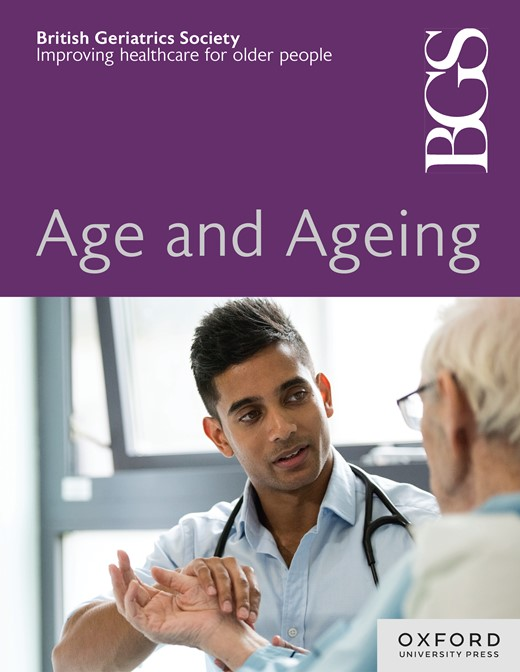与老年人共同决策急诊医疗环境中急性病情恶化的治疗升级计划:临床医生观点的定性研究(STREAMS-C)
IF 6
2区 医学
Q1 GERIATRICS & GERONTOLOGY
引用次数: 0
摘要
背景 在优先考虑患者自主权的医疗系统中,人们越来越期待共同决策(SDM)。治疗升级计划(TEP)概述了患者病情恶化时医疗干预的应急措施。本研究旨在了解临床医生对急诊科老年患者治疗升级计划中 SDM 的看法。方法 这是一项采用建构主义方法进行的定性研究。研究人员对 26 名从事急诊医学、普通内科、重症监护医学和姑息治疗医学的顾问医生和注册医生进行了小故事半结构化访谈。进行了反思性主题分析。结果 有三个主题:"不平等的合作关系"、"不平等的选择 "和 "共同理解的决定"。临床医生在综合复杂、不确定的临床信息方面的专业知识与病人对未来健康规划和医疗干预的不熟悉形成了鲜明对比。决策过程中的道德感很强,而对于适当的《治疗方案》决策则几乎没有共识。围绕治疗前计划的沟通非常重要,临床医生在避免冲突和达成共识的同时,也在寻求对这一利害攸关的决策的控制。结论 临床医生有责任在急诊医疗环境中为老年患者做出 "好的 "TEP 决定。他们根据自己对医疗干预后定性和定量成功率的专业预测,综合临床数据和隐含的伦理推理。在这种情况下,SDM 很少被视为优先事项。尽管如此,避免冲突、维护临床关系以及与患者和家属达成共识都非常重要。本文章由计算机程序翻译,如有差异,请以英文原文为准。
Shared decision-making with older people on TReatment Escalation planning for Acute deterioration in the emergency Medical Setting: a qualitative study of Clinicians’ perspectives (STREAMS-C)
Background Shared decision-making (SDM) is increasingly expected in healthcare systems prioritising patient autonomy. Treatment escalation plans (TEPs) outline contingency for medical intervention in the event of patient deterioration. This study aimed to understand clinicians’ perspectives on SDM in TEP for older patients in the acute medical setting. Methods This was a qualitative study following a constructivist approach. Semistructured interviews with vignettes were conducted with 26 consultant and registrar doctors working in emergency medicine, general internal medicine, intensive care medicine and palliative care medicine. Reflexive thematic analysis was performed. Results There were three themes: ‘An unequal partnership’, ‘Options without equipoise’ and ‘Decisions with shared understanding’. Clinicians’ expertise in synthesising complex, uncertain clinical information was contrasted with perceived patient unfamiliarity with future health planning and medical intervention. There was a strong sense of morality underpinning decision-making and little equipoise about appropriate TEP decisions. Communication around the TEP was important, and clinicians sought control over the high-stakes decision whilst avoiding conflict and achieving shared understanding. Conclusions Clinicians take responsibility for securing a ‘good’ TEP decision for older patients in the acute medical setting. They synthesise clinical data with implicit ethical reasoning according to their professional predictions of qualitative and quantitative success following medical intervention. SDM is seldom considered a priority for this context. Nonetheless, avoidance of conflict, preserving the clinical relationship and shared understanding with the patient and family are important.
求助全文
通过发布文献求助,成功后即可免费获取论文全文。
去求助
来源期刊

Age and ageing
医学-老年医学
CiteScore
9.20
自引率
6.00%
发文量
796
审稿时长
4-8 weeks
期刊介绍:
Age and Ageing is an international journal publishing refereed original articles and commissioned reviews on geriatric medicine and gerontology. Its range includes research on ageing and clinical, epidemiological, and psychological aspects of later life.
 求助内容:
求助内容: 应助结果提醒方式:
应助结果提醒方式:


